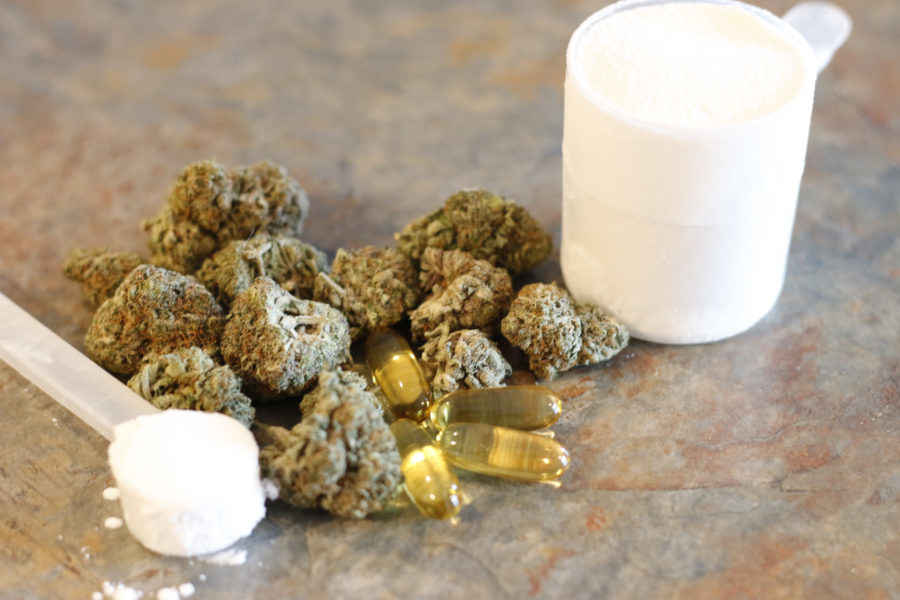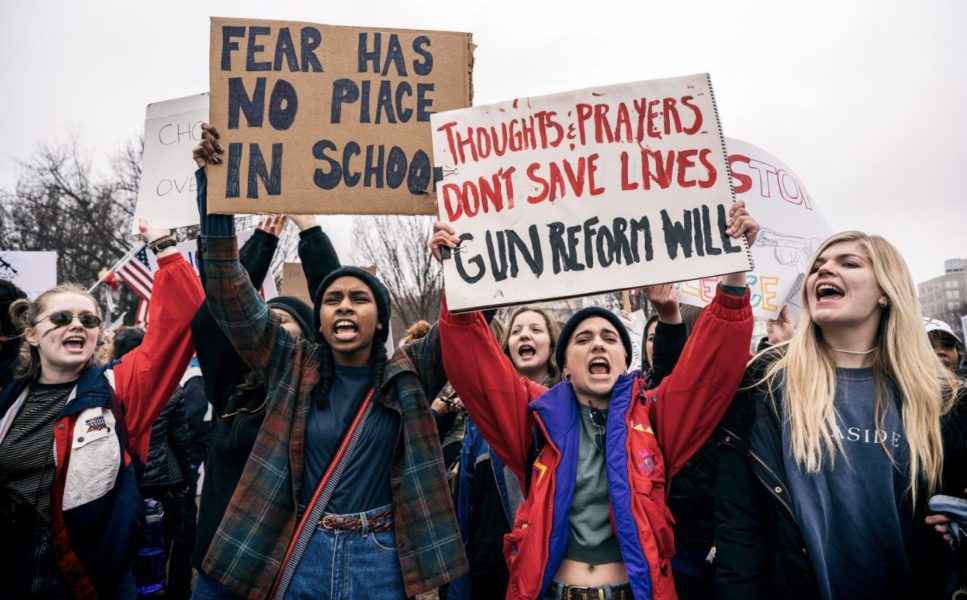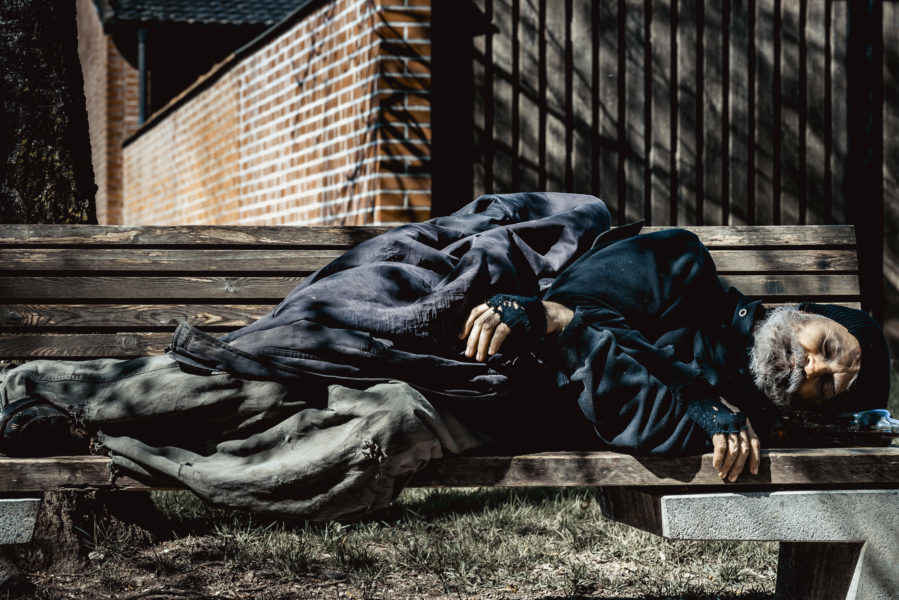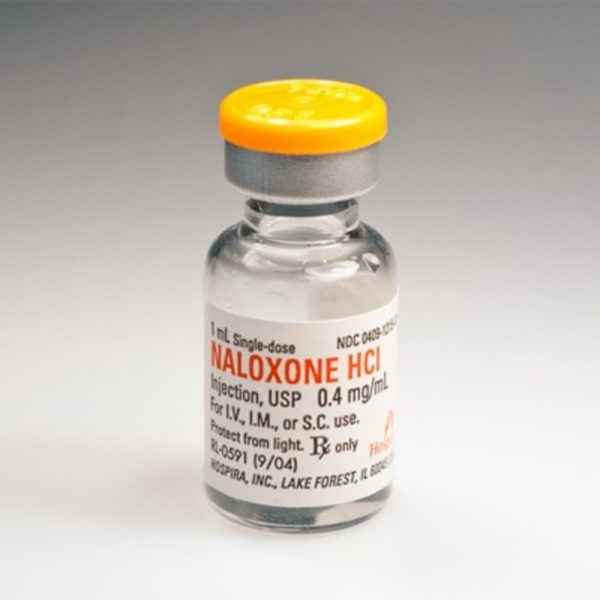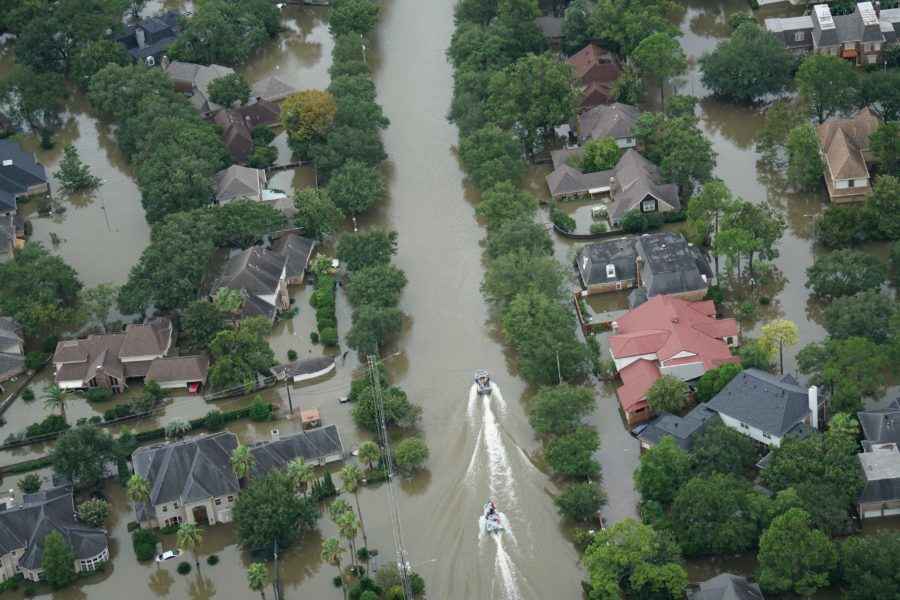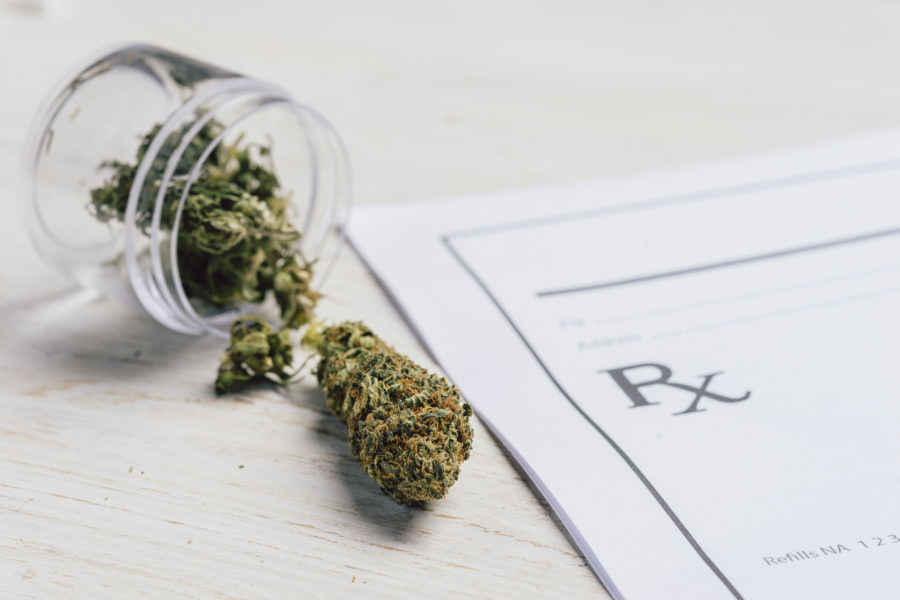
Federal Court Recognizes State Employment Protections for Medical Cannabis Patients
Law & Policy InsightsCannabis Legalization and RegulationRecently, a federal district court in Connecticut diverged from precedent to rule for an employee whose medical cannabis use resulted in a blatant rescission of a prospective job offer. According to the court in Noffsinger v. SSC Niantic Operating Co., d/b/a Bride Brook Nursing & Rehab. Ctr. (Bride Brook), Connecticut’s legal protections from discrimination for employees lawfully using medical cannabis are not barred by contrary federal legal provisions. The holding differs from prior state court decisions finding that employers generally have no duty to accommodate medical cannabis patients.




